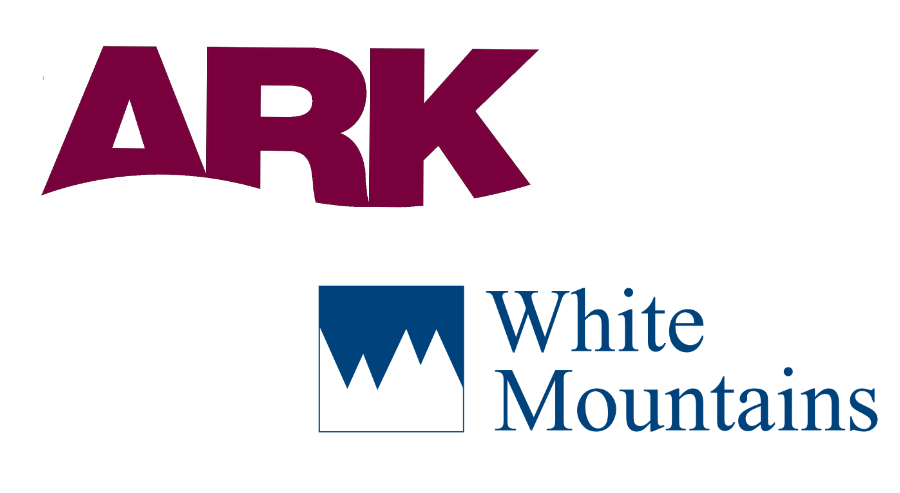
As a long-time homebrew hobbyist and a self-proclaimed craft beer aficionado, I have a deep appreciation for the passion and hard work that goes into creating great spirits.If you’ve managed to turn your passion into your business and joined the growing community of craft brewers, vintners, and distillers: Cheers! The process of getting that drink into a glass can come with a mountain of potential problems along the way.As you build, improve, and expand your business, keep in mind these often overlooked areas of hazard in the production area.
Grain Dust: if you crush your own grains, they’ll produce dust.Dust poses a few problems when airborne, as it can be inhaled or explode.It also poses a fire hazard if allowed to build up on surfaces such as electric panels.
Have a designated area for grain crushing with good ventilation (or a dust collection system) and frequent cleaning.Pressure vessels: service and maintain these to the manufacturer specifications.Keep a log on each tank.
Cleaning chemicals: maintain SDS (safety data sheets), and train all employees on proper handling, storage, and disposal.Lifting: use aids to help employees transfer heavy containers of liquids, malts, grain bags, and fruit.Arrange your production facility with efficiency and employee safety in mind.
Clean draft lines and glassware: use the right cleaner for the job; consult your supplier.Don’t let off-flavors and dirty glassware taint your brew.Just rinsing glasses with hot water isn’t enough.
If your employees can produce spirits safely, can your customers consume them safely? Taprooms and production facilities often rely on unique themes or attractions to get people in the door, to stay longer, and to return more often.I’ve been in taprooms on riverbanks, in train cars, a museum, a hotel, a working farm, and a motorcycle dealership.These unique surroundings pose unique hazards to your customers.
Games: many taprooms provide play areas for kids, table games, lawn games, or arcade games.Inspect all these items frequently and repair/replace them as needed.Use some common sense: no lawn darts or other sharp objects.
Water and fire: if your patrons have access to water hazards or fire pits, be sure to monitor them closely and restrict unsafe use.As consumption goes up, awareness goes down.Liquor liability: train your servers! See my prior blog on alcohol awareness training.
Trip and fall hazards: do regular inspections of all publicly accessible areas.Some tripping hazards seem obvious in daylight, but what about after dark? Make sure all areas are well lit.These are just a few of the commonly overlooked hazards I see in the spirit production business.
I encourage owners to do a full assessment of your facility and processes, and develop checklists to ensure any unique hazard areas are routinely maintained.Showing your employees and patrons that you care about their safety will keep them in (your) good spirits and coming back for more!
Share this:FacebookTwitterLinkedInMoreEmailPrintLike this:
Related
Publisher: Central Insurance Companies








